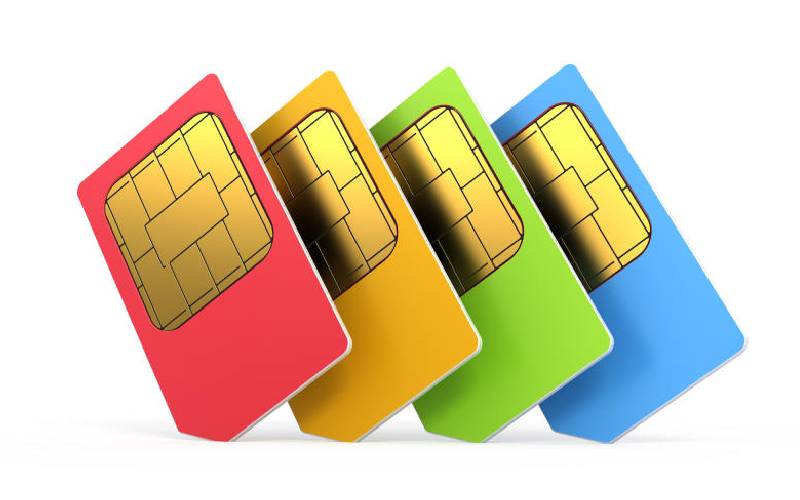×
The Standard e-Paper
Stay Informed, Even Offline

SIM swap fraud cases have escalated in the recent weeks with hundreds of innocent and unsuspecting victims falling prey if the statistics – both official and unofficial - are anything to go by.
The fraudsters have been registering an existing mobile number on a new SIM card which they buy from local shops pretending that they are the original owners who have lost their SIM cards.







